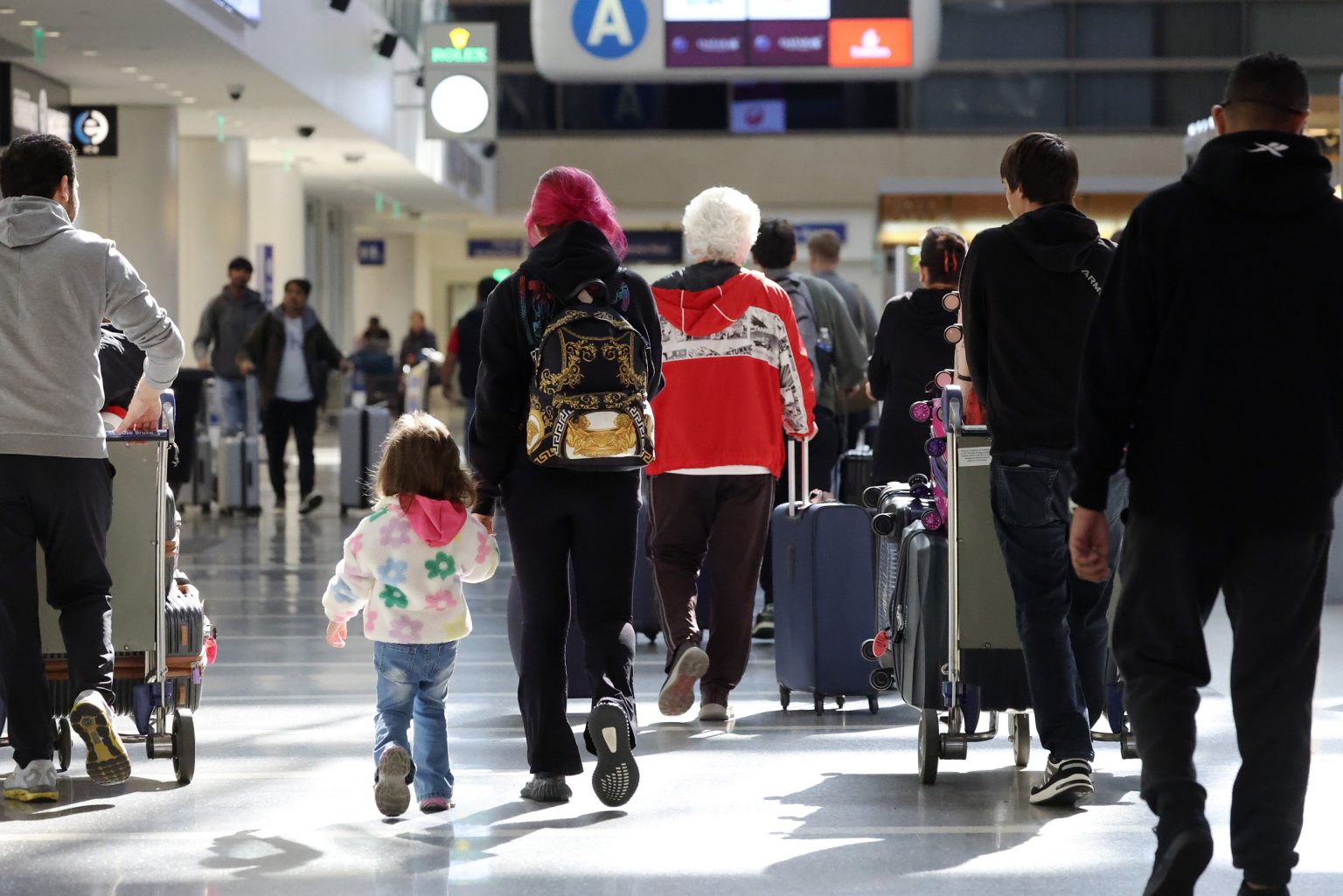Starting in 2024 and continuing into 2025, several new travel regulations will impact Americans traveling both domestically and internationally. These changes primarily focus on enhanced security measures and pre-travel authorization, necessitating advanced planning to avoid potential travel disruptions. These new requirements introduce additional steps and costs to the travel process, impacting both spontaneous getaways and meticulously planned trips. Understanding these changes is crucial for seamless travel experiences.
The most immediate change for domestic travelers within the United States is the mandatory use of REAL ID-compliant identification at airports starting May 7, 2024. REAL ID is a federally mandated standard for state-issued driver’s licenses and identification cards, designed to enhance security and prevent identity theft. Travelers using older, non-compliant forms of identification will be denied boarding. This means that anyone planning to fly domestically after this date must ensure they possess a REAL ID. It’s advisable to check with your state’s Department of Motor Vehicles to confirm compliance and obtain a REAL ID well in advance of travel plans, as processing times can vary.
For those venturing across the Atlantic, new regulations will affect travel to the United Kingdom and the broader European Union. Beginning January 8, 2024, Americans traveling to the U.K. will be required to apply for an Electronic Travel Authorization (ETA). This electronic pre-screening system, similar to programs used by other countries, allows the U.K. government to vet travelers before their arrival. The ETA costs approximately $13 and is valid for multiple entries over a two-year period. While the fee is relatively modest, it adds an extra layer of planning and expense to trips to the U.K.
The European Union will also implement a similar system in May 2025, known as the European Travel Information and Authorization System (ETIAS). American citizens who currently travel visa-free to Europe will need to apply for ETIAS authorization before their trip. Similar to the U.K.’s ETA, ETIAS involves completing an online application and paying a fee. While the exact cost has yet to be finalized, it is expected to be comparable to the ETA. This requirement will affect a significant number of American travelers, as the EU is a popular tourist destination.
These new travel regulations are not without their critics. Some travel industry experts have expressed concerns about the potential for delays and disruptions, particularly for travelers who are unaware of the new requirements or fail to apply in a timely manner. There are also concerns about the added cost, especially for families or frequent travelers. Airline representatives have also voiced concerns, suggesting that these added requirements could make the U.K. a less attractive destination compared to other countries with less stringent entry procedures.
To mitigate potential travel disruptions, proactive planning is essential. For domestic travel, obtain a REAL ID well before your intended travel date. For trips to the U.K. starting January 8, 2024, apply for the ETA at least three business days prior to departure to allow sufficient processing time. Similarly, for European travel from May 2025 onwards, submit your ETIAS application as soon as your travel plans are confirmed. Staying informed about these changes and preparing in advance will ensure smoother travel experiences. By allowing ample time for application processing and ensuring you have the correct documentation, you can avoid potential delays or denials at the airport. Remember, these changes are being implemented to enhance security and streamline border control processes.
These evolving travel requirements reflect a global trend toward increased security measures and pre-travel screening. While these changes may add an extra layer of planning to your travel arrangements, understanding and complying with these regulations will ensure smoother transit and contribute to a more secure travel environment. It’s important to stay informed about any further updates or changes to these regulations as they evolve. By incorporating these pre-travel steps into your routine, you can minimize potential disruptions and focus on enjoying your journey, whether domestic or international.
The implications of these changes are far-reaching, impacting millions of travelers and the travel industry as a whole. For individual travelers, it emphasizes the importance of proactive planning and staying informed about evolving travel regulations. For the travel industry, these new requirements present challenges in terms of communication and customer service, ensuring that travelers are aware of and comply with the new rules.
These new regulations also raise questions about the balance between security and convenience in travel. While the stated goal of these programs is to enhance security, they inevitably add complexity and cost to the travel experience. The debate about the efficacy and impact of these measures is ongoing, and it remains to be seen how these new requirements will affect travel patterns in the long term. Whether these changes will significantly deter travel or simply become an accepted part of the travel process remains to be seen.
Ultimately, adapting to these evolving travel requirements is crucial for anyone planning to travel in the coming years. By staying informed, planning ahead, and allowing sufficient time for processing applications, travelers can minimize potential disruptions and ensure smooth journeys. While these changes may present some initial challenges, they ultimately aim to create a more secure travel environment for everyone. The key is to be prepared and informed, turning these new requirements from potential obstacles into manageable steps in the travel process.

